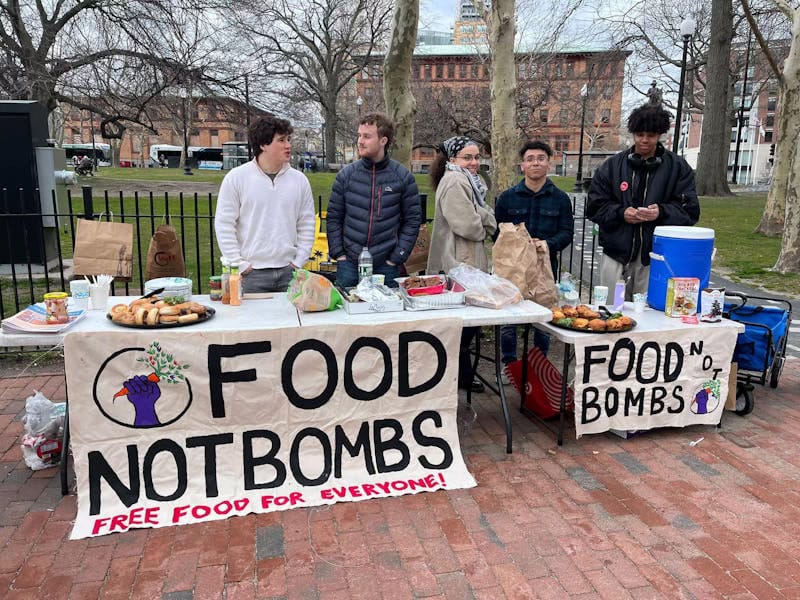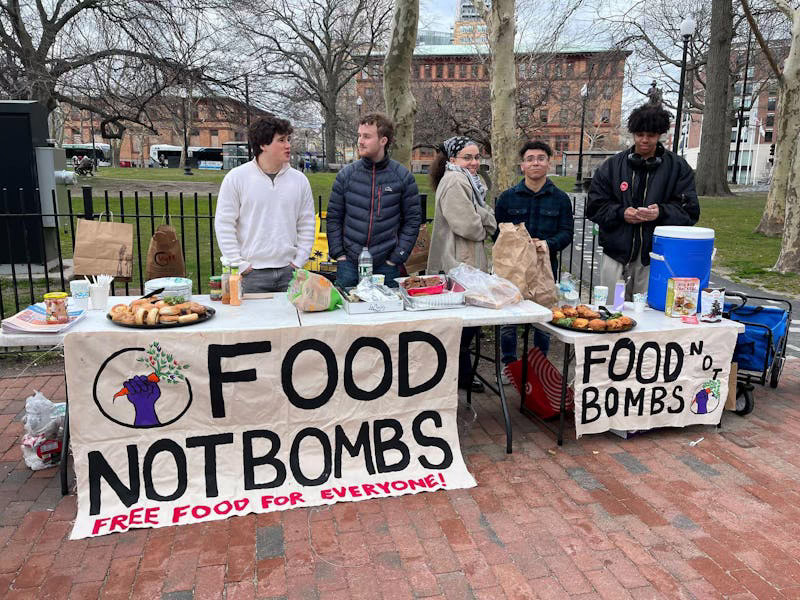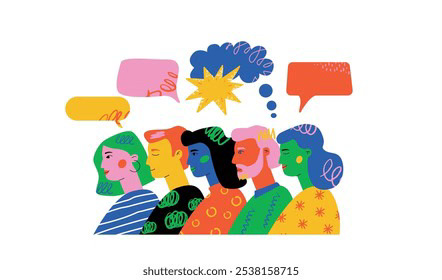Talk of Kings, Robbers, and Ministers of State
Speaking skillfully on politics and human rights

I am reluctant to post much that is political on these Buddhist blogs. I would like this to be for spiritual nourishment and a refuge from the multiple national and global crises we face. You can find plenty regarding those elsewhere. But then I get on Bluesky and see Venerable Sujāto post:

And I think that if such a prominent monastic can post what he posts, perhaps me posting something political every so often is okay.
Frequently, in the early texts, the Buddha gives a list of conversation topics that should be avoided. The list begins with “kings, robbers, ministers of state; armies, alarms and battles.” I know many Buddhists who take this to mean no discussion of any politics whatsoever, and I can see why it makes sense to extrapolate it in that direction. Surely engagement in politics is engagement in worldly affairs, and depending on how one engages it, one may risk further wandering through saṃsāra.
But then I look at Venerable Sujāto. I look at how, during the 2020 summer Black Lives Matter uprising in the US, Venerables Suddhāso and Somā at Empty Cloud Monastery paused their original schedule of topics of their online offerings and instead gave a weekend-long retreat on compassion and activism, later posting pictures of themselves at a BLM rally. I think of Plum Village, and Thich Nhat Hanh’s legacy of engaged Buddhism, directing Buddhist ideals to social justice.
So how should we, as Buddhists, engage in political realities? Everyone will have a different answer, from those who want to never discuss it to those who make it a central topic of concern. Here are my current thoughts on the matter.

I’ll begin by noting that at the time of the Buddha, there weren’t democracies as we have them now (or are supposed to have them). The first word in that list of forbidden topics is “king.” Those were not elected positions. Subjects to the king had few actions they could take to have any effect on who the ruler was or what they did. Conversations about heads of state would have been largely fruitless gossip, inappropriate for anyone who has their sights fully set on liberation.
This is an important distinction. We actually do have some influence over who makes and enforces our laws in democratic countries (even if democracy in the USA may be ending). Talking about the elected authorities is not necessarily idle gossip as it would have been when talking about a king. We have opportunities for taking action.
Indeed, many Buddhists—including eminent ones like the aforementioned Venerables Sujāto, Suddhāso, and Somā, as well as Bhante Bodhi—argue that at least some activism for social justice is the obligation of a Buddhist. I agree with them. I want to be clear that the idea of activism as marching in the streets and facing off against cops, though perhaps the first image that comes to mind, is not for everyone. There are many roles one can play, such as spreading information, offering material or logistical support support, or providing legal assistance. In fact, some of the ostensibly apolitical Buddhist spaces are, or at least can be, political in some sense. Not in the sense that Elie Wiesel meant when he said, “Neutrality helps the oppressor, never the victim,” although that certainly happens in some Buddhist communities; but as providing perspective and creating space to do work towards spiritual transformation. Such spiritual growth can only help us in creating a better world for everyone. Further, I have met people who started out with politics based on eschewing empathy in favor of what they viewed as hard reality, who later got into Buddhist practice and realized that error. They then changed their views to be based on compassion, instead. There need to be Buddhist spaces that welcome their presence, as well.
The real trick is how we talk about these issues. When we talk about them, are we saying things that are beneficial, useful, timely, and true? Are we speaking in a way that is going to hurt rather than help, divide rather than bring people together?
This point of “divisiveness” can get muddled. Not because it’s actually all that muddy, but because those with bad intentions will call any discussion on certain topics, such as racism, “divisive.” But if we are using our speech to point out such disharmonies, we are pointing out divisions that already exist. We are not creating divisions wrong by racism, misogyny, hatred of LGBTQ+ people, nor bigotry towards any other marginalized group historically targeted for cruelty and explotation. Those divisions are already there, and they can never be healed unless they can first be openly discussed. Our task is to speak about them in a way that does not deepen the divide, but leads to concord and harmony. We want peace, but not placation. And we need to address these divisions without concealing them with platitudes, without spiritual bypassing. Obviously the very first step in this process is getting those who refuse to see the existence of the machinery of disempowerment to see it, which is usually a difficult task.

One way of talking about politics that does not help is to talk about it as though it is a team sport, and identify with an electoral party as one would identify as the fan of a football club. These are often the kind of conversations that people who say they “hate” politics dislike. These are people who willfully ignore abuses from their team when it is in power but are outraged by the same abuses when it is the other team. Drone strikes in southwest Asia are bad when the other party does it, but are acceptable or can at least be ignored when “my” party does it.
Is it possible that we find common ground, instead of taking sides? Now, a reasonable response would be that there are no two sides to human rights, which accompanies angry condemnation of those who would erase the very existence of entire populations. Certainly there are those committed to genocide. But often those emotions and thoughts are cynically manipulated by the wealthy and powerful to gain more wealth and power. We may take the case of trans rights. Polls show the simple fact that approval of trans rights is sharply elevated for those of any political persuasion who simply know a trans person. There are going to be some so committed to their gender ideology that only admits the cisgender binary. But what about those who are just ignorant or confused, or haven’t thought about it too much, and just need to be shown the humanity of those being demonized? This absolutely opens logistic questions, such as how can these conversations be had when so much discourse is polarized, but…how can we have them?
I want to be clear: I’m not saying to compromise our integrity or values. I’m not advocating for refusing to take sides in a way that is a tacit endorsement of further socially organized brutality, as per the above Wiesel quote. I’m not saying to oppose laws or actions that are designed to hurt or eradicate people. What I’m asking is, can we find a way to engage in opposition to the policies, legal structures, or harmful actions, without making the people we oppose into enemies, even if that’s how they view us?
Over the long term, we might see that political regimes have risen and fallen over the centuries, and will continue to do so for at least the next several decades. That’s just the nature of the world. Saṃsāra sucks. Of course, that’s a small comfort to those of us who are targeted by a regime we live under. Detachment is always an option, as is distraction or rage, but skillful engagement motivated by love and compassion is one as well, and it is up to each of us to find our way. In the end, though, we will all best be served if we can ground ourselves in wisdom.
On that note, I’ll conclude with a thought-provoking essay by Venerable Ṭhānissaro. It would be too much to pick apart what I agree with or disagree with in this present post, but I would like to note that the Venerable does, here and elsewhere, frame activism as generosity, even if wanting to eject the concept of “justice” as he understands it, so he is not advocating for inactivism or passivity: Wisdom over Justice.



